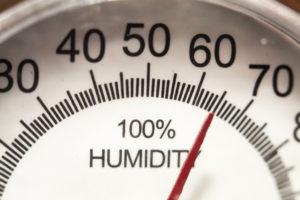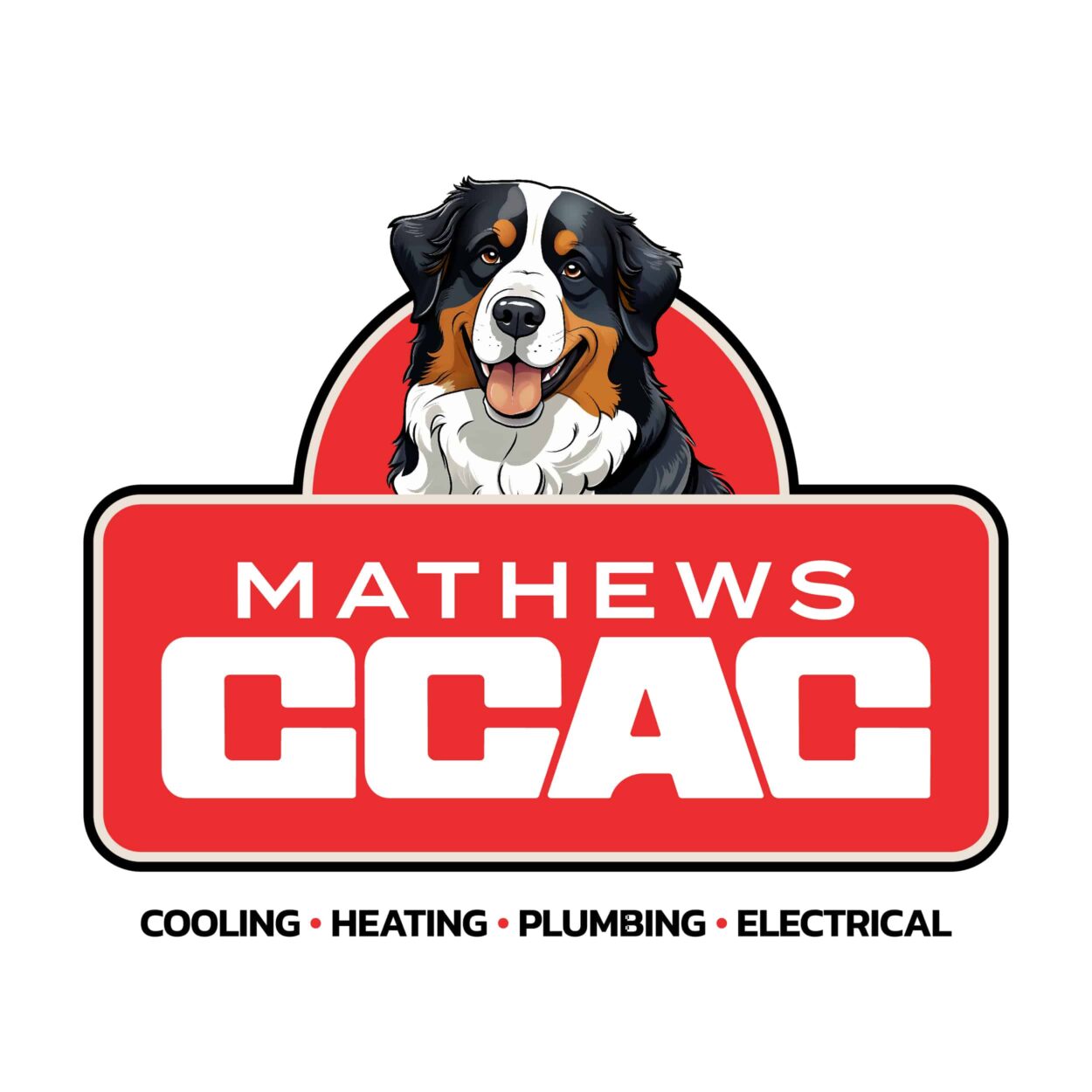 In our subtropical climate, managing humidity levels usually means removing excess humidity from the home. That said, in winter, we sometimes want the humidity to be a mite higher, so that we can avoid dry skin, dry respiratory tracts and irritating static. But as warmer weather looms, we’ll be faced once again with what to do about keeping the humidity manageable.
In our subtropical climate, managing humidity levels usually means removing excess humidity from the home. That said, in winter, we sometimes want the humidity to be a mite higher, so that we can avoid dry skin, dry respiratory tracts and irritating static. But as warmer weather looms, we’ll be faced once again with what to do about keeping the humidity manageable.
Too Much Humidity
Warm air holds more moisture than dry air. So when the weather warms in the spring, that moist air in our homes keeps the perspiration on our skin from evaporating and cooling us off. Thus, we feel even hotter than we really are, and we starting cranking down the thermostat to feel cooler. That’s a waste of energy, when the best thing to do would be to keep the humidity level in the home down.
Ideally, humidity should be below 40 percent in the warmer months. Buy an inexpensive hygrometer from the home store to find out what your home’s humidity levels are, summer or winter. In winter, in the off chance your humidity is extremely low, say, below 35 percent, you may want to raise it some by running a humidifier or boiling pots of water on the stove.
Here are some things that will help when you’re managing humidity levels.
Humidity-Reducing Tips
- Take shorter showers.
- Whenever possible, warm water for washing the face or hands in an electric kettle, rather than running it for a long time to get it warm.
- If you have a lot of plants, put them in one room and close the door.
- Fix leaky plumbing as soon as you detect leaks. These raise your water bill, along with the humidity level.
- Look into a whole-home dehumidifier. Portable models will be of some benefit, but have to be moved from room to room. A dehumidifier installed in your HVAC system will augment your air conditioner’s efforts to remove excess moisture from the air.
To learn more about managing humidity levels, contact CCAC. We serve the Coastal Bend area, and are constantly concerned about customers.
Our goal is to help educate our customers in Corpus Christi, Texas about energy and home comfort issues (specific to HVAC systems). For more information about your HVAC system, download our free Home Comfort Guide or call us at 361-678-2495.












